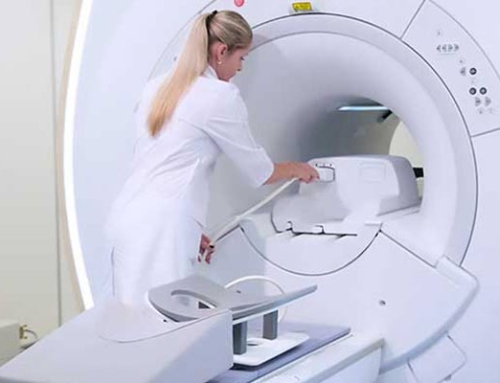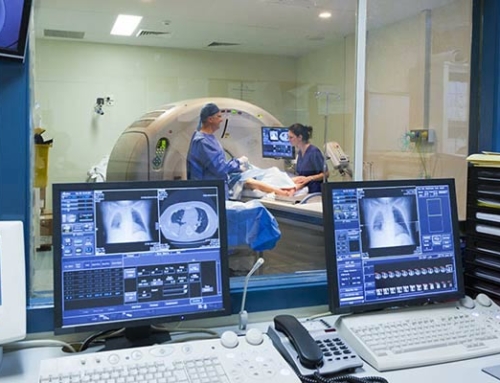It’s not as simple as taking MRI programs followed by a test. If you want to be an MRI tech, you must also consider certification and licensing. So, what types of education and training are required for someone to become an MRI tech?
Healthcare jobs aren’t easy to get, and being an MRI tech is no exception. While the path to becoming an MRI technician or technologist isn’t as long as that to become a doctor, it’s still not an easy one. Time and effort will be spent on the road to becoming a qualified MRI tech.
The Best MRI Programs for MRI Techs
Most people start as radiology techs and then specialize as MRI technologists and technicians. To become a radiology tech, you’ll need at least an associate’s degree. You’ll also have options to get a bachelor’s degree later on. MRI programs can help you acquire the knowledge and training you need to complete your degrees.
You should expect to learn about anatomy, patient care, pathology, image evaluation, radiation physics, and protection. Anatomy and pathology are essential because if you’re not familiar with diseases, or at least basic human anatomy, you won’t be able to get the needed images.
Radiation physics and image evaluation are important because you need to learn how the MRI machine works and how to operate it. Both of these will help you capture better, more accurate, high-quality images that can help doctors diagnose patients. Of course, knowledge about protection is indispensable.
Your job is to get accurate images of body parts that doctors ask for, but your safety is a priority. Regardless of where you work, there will be an emphasis on protecting yourself from the effects of radiation and infectious disease you might be exposed to through patients.
A common misconception is that education for potential MRI techs is purely theoretical. If you’re not gaining hands-on experience, then you’re doing it wrong. Training MRI programs that include real training with experienced professionals working on MRIs is incredibly valuable.
You can spend your entire life reading books, but unless you go out there and start working with MRI machines, you’ll never be good at what you do. Additionally, hospitals and centers will always hire a person with hands-on experience when you look for a job because they’ll hit the ground running. This is opposed to hiring someone who has never operated an MRI machine before and will take a long time to learn.
Certification from the American Registry of Radiologic Technologists (ARRT) or the American Registry of Magnetic Resonance Imaging Technologists (ARMRIT) is necessary and will be required by most potential employers. Make sure you’re certified to boost your chances of landing the job you want.
Becoming a highly qualified and desired MRI technologist will take time and effort. Focus on your training which should include MRI programs and hands-on work experience. You might also want to volunteer to gain more experience and establish connections with people in the field.
Additional Information Related to MRI Tech Salary







